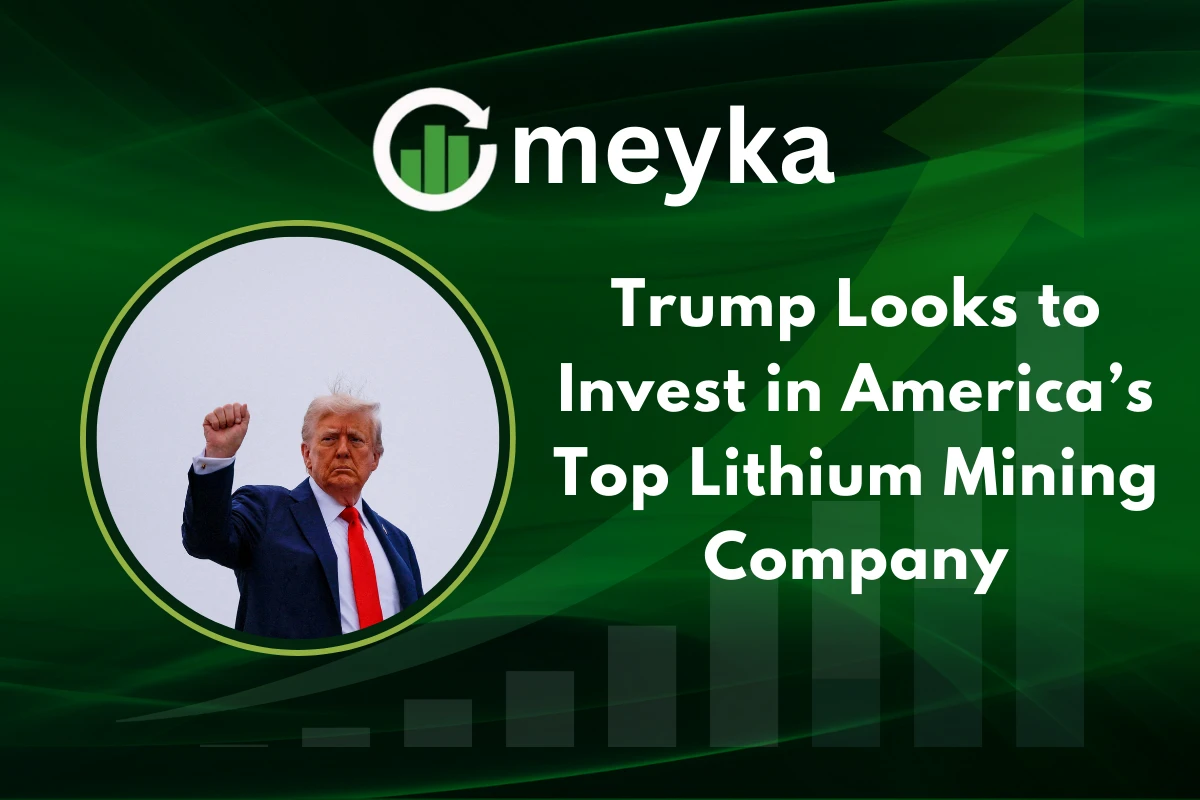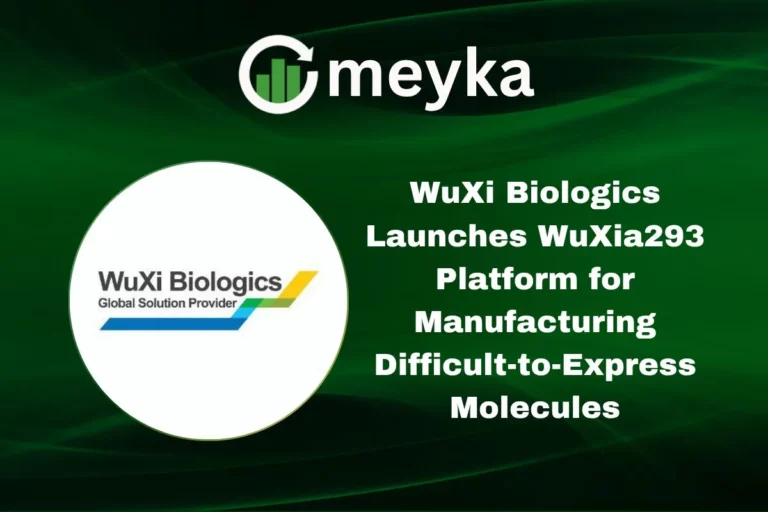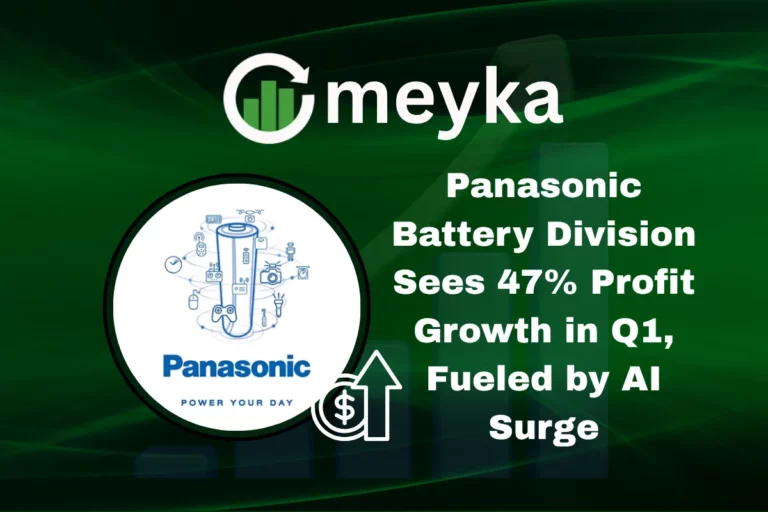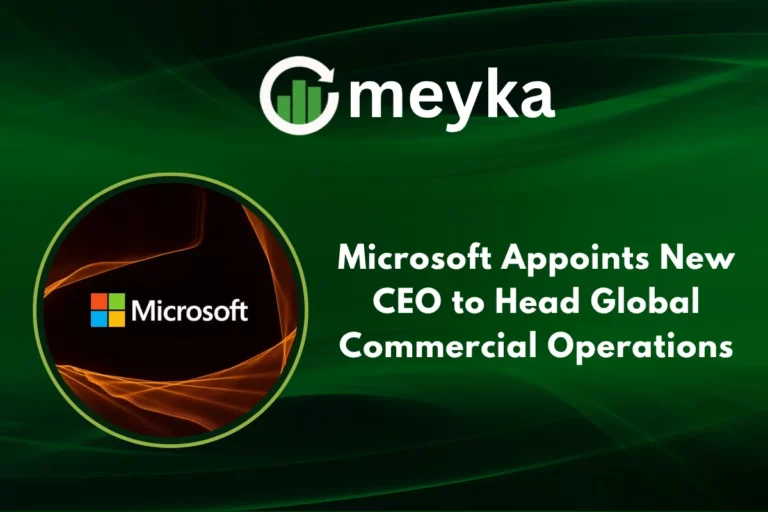Trump Looks to Invest in America’s Top Lithium Mining Company
President Trump’s administration is actively pursuing an equity stake in Lithium Americas while renegotiating a Department of Energy loan tied to the Thacker Pass project in Nevada. The equity request, reported by Reuters, could range from about five to ten percent.
Thacker Pass is being developed as a major domestic source of battery-grade lithium, vital for electric vehicles and grid storage. The talks bind industrial policy to national security goals, and they come as automakers scale up EV production and seek reliable suppliers.
Why is Trump interested in lithium mining now?
Why Trump Is Interested in Lithium Mining
Lithium Mining is central to the electric vehicle and clean energy transition. Batteries need large and reliable supplies of lithium carbonate and lithium hydroxide. The supply chain runs from mines to refineries to battery factories.
Policymakers in Washington worry that China’s processing dominance creates a strategic gap for the U.S. Even if mines exist domestically, lacking downstream capacity keeps the U.S. dependent on foreign processors. A stronger onshore chain could support automakers, create jobs, and reduce supply risk, but it also requires heavy capital and time.
How would an onshore supply chain help automakers?
The Lithium Americas Deal and Government Loan Talks: Lithium Mining in Practice
The core negotiation centers on a roughly $2.26 billion Energy Department loan that backs parts of the broader $2.93 billion Thacker Pass project. Reuters reports the administration sought an equity stake while discussing changes to the loan amortization and repayment schedule.
As part of talks, Lithium Americas reportedly offered no-cost warrants that would equal roughly 5 to 10 percent of its common shares. General Motors already invested about $625 million and holds long-term purchase rights for much of the mine’s output, which makes GM a central commercial partner in the deal.
How might an equity stake be structured between government and private partners?
Stock Market Reaction to Lithium Mining News
Markets reacted quickly. Lithium Americas shares jumped sharply after the Reuters exclusive, rising roughly 80 percent in after-hours trading as traders priced in a government backstop and the chance of stronger demand from automakers.
Investing and market outlets also reported heavy trading volume and speculative activity. The rally reflected two drivers: perceived reduction in project financing risk, and the prospect of secured offtake. For a trader’s real-time reaction, see:
Does a stock spike mean long-term gains for investors?
The Role of Thacker Pass in US Lithium Mining
Thacker Pass is planned as a major U.S. lithium project. The first phase is expected to produce about 40,000 metric tons of battery-quality lithium carbonate per year, enough to supply hundreds of thousands of EVs.
The mine has obtained federal approvals and significant backing, but it also faces environmental reviews and local opposition that could delay production or raise costs. Backers call the project essential for domestic supply chain resilience; opponents stress potential ecological and cultural impacts that regulators must weigh.
What are the main environmental concerns at Thacker Pass?
Political and Economic Implications of Lithium Mining
A government equity stake raises clear political questions. Supporters say state participation can protect taxpayers and guarantee strategic access to critical minerals. Critics warn that such involvement risks politicizing commercial outcomes and could deter private investment.
The move aligns with recent actions where officials took stakes in firms viewed as vital to national security or industrial strategy. Public commentary has been active and partisan; for an example of the social media response, see:
Could a government stake reshape private investment in critical minerals?
Lithium Mining and the Global Clean Energy Race
The U.S. push for domestic lithium is part of a global scramble. Australia and South America account for much of the raw lithium output, while China dominates refining and processing into battery-grade chemicals.
Reuters highlights that China processes a very large share of the world’s lithium into battery-grade material, which underscores the strategic gap the U.S. faces. Closing that gap requires building, refining, and chemical capacity, along with mines. Policy clarity and capital incentives are essential for the U.S. to compete in this field.
How long would it take to build a domestic refining chain?
Risks and Opportunities for Investors in Lithium Mining
Investors face trade-offs. Seeking Alpha frames the situation as a speculative opportunity if EV adoption accelerates, while warning about price volatility from oversupply and Chinese capacity. Market reports emphasize that headline-driven rallies can be short-lived.
Government involvement can lower financing risk and speed development, yet it also adds political noise that affects valuations. Analysts urge focusing on offtake contracts, environmental permitting, balance-sheet strength, and realistic timelines before taking a position.
Reuters and Seeking Alpha have also warned that Chinese overproduction has pressured prices in prior cycles, which could affect project margins.
Should retail investors act on headline-driven rallies?
What Happens Next for Lithium Mining Deals
Negotiations will likely unfold over weeks. Possible outcomes include formalized warrants to the government, adjusted loan terms, or stronger offtake guarantees from private partners such as automakers. If the government does take a stake, it will need to define governance, how and when it could exit, and protections for taxpayers.
Investors should watch official DOE filings, Lithium Americas announcements, and partner statements for definitive signals.
Will a deal be announced soon, and how should the market prepare?
Conclusion
The reported interest by the Trump administration in an equity stake in Lithium Americas has placed Lithium Mining at the intersection of policy and markets. Thacker Pass could supply a substantial portion of U.S. battery needs, but it faces environmental, regulatory, and market hurdles.
How loan terms and any equity arrangement are finalized will shape investor sentiment and the U.S. path toward supply chain security. For now, expect headline-driven volatility and watch official filings for the next concrete steps.
FAQ’S
Trump’s team sees lithium as vital for electric vehicle batteries and U.S. energy independence. A stake in Lithium Americas strengthens domestic supply.
Thacker Pass in Nevada is one of the largest planned U.S. lithium projects. It could supply enough material for hundreds of thousands of EV batteries each year.
Lithium Americas stock surged after reports of Trump’s interest, with traders viewing government backing as a sign of reduced project risk and stronger demand.
Lithium Mining stocks are volatile. Prices depend on global demand, Chinese processing capacity, and environmental permitting challenges in the U.S.
Lithium Mining is a cornerstone of the global EV transition. The U.S. is competing with China, Australia, and South America to secure critical mineral supply.
Disclaimer
This is for information only, not financial advice. Always do your research.






